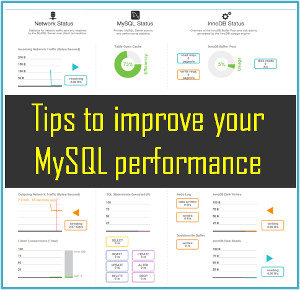
Offsite data storage is also known as vaulting which is a strategy of sending and storing of data in a different location as a part of back-up service. Offsite storage of important data is of top priority for any large or small business organisation. Many of the companies have learnt from experience that storing data in external hard drive can be risky and it is worthy to spend some money for proper storage of data than losing a huge amount of money due to data loss. There are many reasons why the companies prefer offsite storage of data.
Disaster recovery plan: It is important to storage data for a possible but unpredictable disaster situation, like flood, fire, earthquake, server crash, terrorist attack, war etc. Offsite data storage is safest for the data backup plan and can be achieved in automatic or semi-automatic methods.
Data security: Data storage and backup should be done to maintain the confidentiality of the most valuable
data of an enterprise in a multi-user domain. Encryption is required to transmit and store the critical data to the highly secured environment and certain protocol for data storage should be followed for providing authorisation and authentication to a person who is allowed to access the data.
Saves time: The transmission and storage of data is performed with modern technical tools like cluster servers, mirror servers to ensure minimum downtime. This is also helpful in preventing against human errors, minute accidents or minor disaster and thereby assuring the safety of the business.
Compliance with regulation: Offsite storage of data should be performed with much caution about security and back-up strategy, as the data storage needs to follow certain regulation guideline about information protection. A secured backup system for the data of a company also implies the availability of the data for accounting and legal purposes.
Classification of the data: According to the regulatory rules of backup strategy, the mission critical data should be categorised separately from the non-mission critical data and the backup strategies should also be different for different data types. The backup plan for mission critical data involves elaborate protocol for disaster recovery and costly tools for security while the non-mission critical data can be stored in external hard drives or tapes, but obviously the devices are stored in protected place.
Automation of backup strategy and ease of data recovery: There are many recent backup strategies that automate the process of data transmission and storage. Accessing data from multiple sources for the storage purpose has become much easier now. The data repository is also a rich source about the customer report, market trend and other useful information and the data mining should be done easily for getting advantages over the competitors.
It should be remembered that the data storage and backup are more important than computers and other technologies for an organisation. Realising the importance of data storage, the IT personals of an enterprise develop highly beneficial and cost-effective data plan for solving the offsite storage problem and providing proper backup, like cloud backup and online backup to safeguard the important data against disaster.

 Tom
Tom








